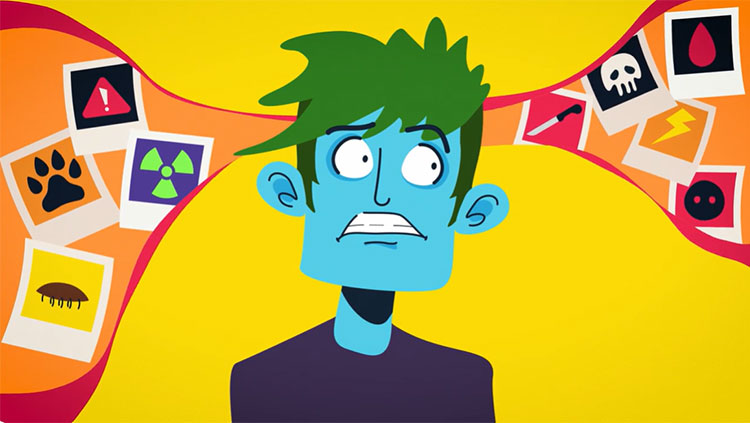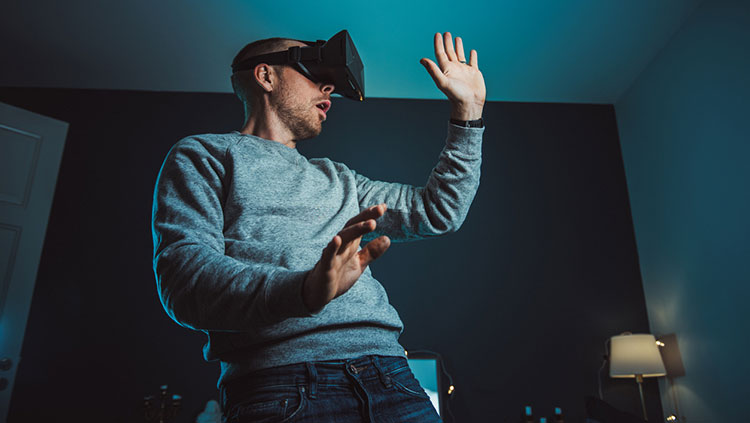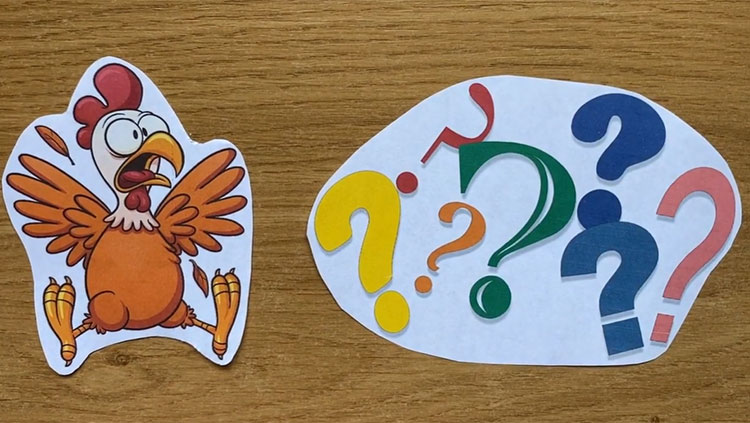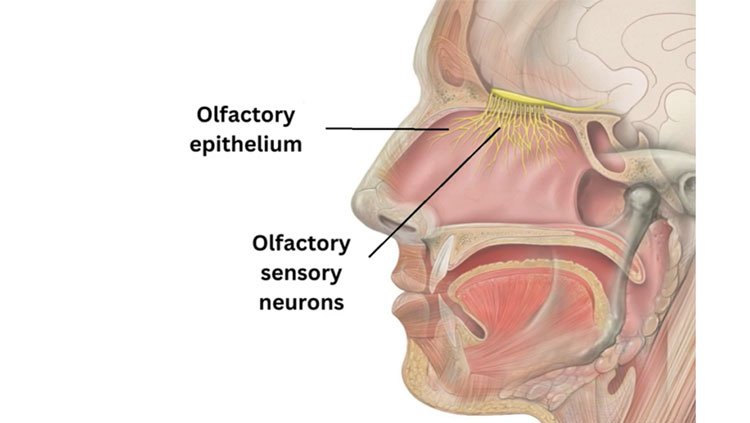Why Do People Contradict Themselves?
- Published1 Feb 2024
- Source BrainFacts/SfN
Have you ever done something even though you knew it was wrong? The resulting anxious feeling is called cognitive dissonance — an internal conflict when someone’s actions do not align with their beliefs. People experiencing cognitive dissonance will often try to justify their actions to themselves. Some brain studies reflect this mental conflict as people race to rationalize morally ambiguous behavior.
This is a video from the 2023 Brain Awareness Video Contest.
Created by Fiona Chou.
CONTENT PROVIDED BY
BrainFacts/SfN
Transcript
Think back to the times when you know you’re supposed to exercise to have a healthy lifestyle, but you convince yourself that you have too much work to be going for a run. Or the times you ate that unhealthy hamburger because you convinced yourself that you earned it. Or the many times when you did something morally wrong, but you convinced yourself that it is right.
Did you feel anxiety and unease about contradicting yourself?
This is cognitive dissonance, a.k.a., the anxiety you feel when you do actions that do not align with your beliefs. Thus, you try to convince yourself and shape your beliefs into aligning with your actions.
This term was coined by Leon Festinger when he conducted the Yale Experiment. He asked students to rate random objects in his class, and then told them each that they could take one thing home.
He then asked the students to rate the objects again, and the students significantly increased the rating of the objects they wanted to take home because their brains wanted their beliefs to align with their actions.
So, our brains don't like the fact that we disagree with ourselves, but which part of the brain exactly?
Let’s take the example of a smoker on an fMRI scan. When he starts smoking while knowing that smoking is bad for his health, his anterior cingulate cortex would light up because his dissonance is aroused. Now, his brain is sounding the alarm of wanting to decrease this self-contradiction, so he tells himself that he deserves to smoke because he has been under a lot of stress lately.
Now, as he is reducing the dissonance, his prefrontal cortex lights up. This is also called the Action-Based Model of Cognitive Dissonance, and it was proven when psychologists randomly assigned participants into two groups.
Group A had not a lot of justification for choosing something they know is wrong, and Group B had a lot of justification for choosing the morally wrong choice. The results showed that Group A had a higher relative left frontal brain activation than Group B, thus proving that the Action-Based Model was right.
Essentially, cognitive dissonance leads good people to do bad things because our brains are trying to rationalize our actions. But … this is bad, right?
It could be, but there’s another side to this. Resolving dissonance could help prevent us from making bad choices and motivate us to make good ones. Next time you feel that unease of being too lazy to go for the run, maybe your brain’s desire to be at peace with your decisions is just the thing to motivate you to go for that run.
















